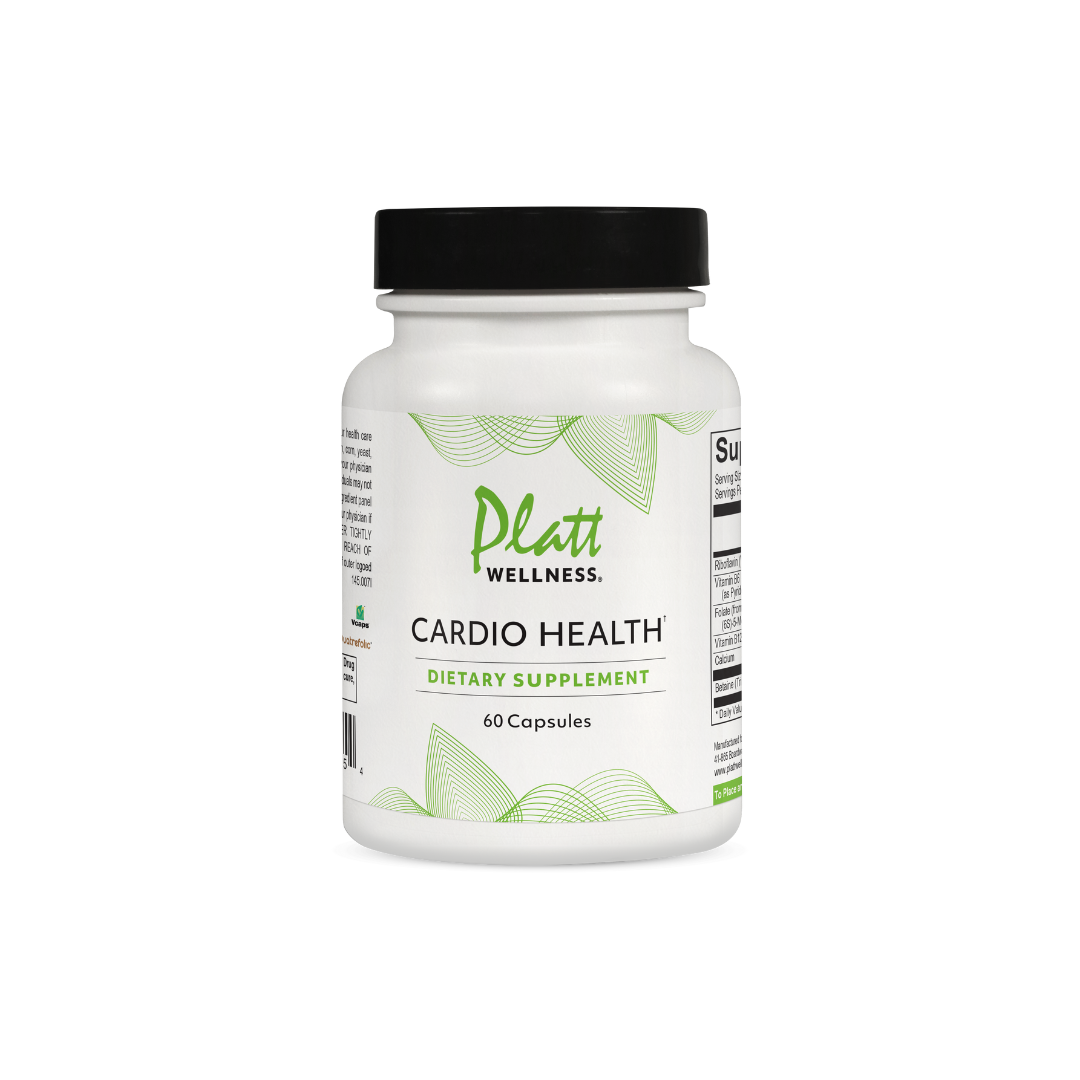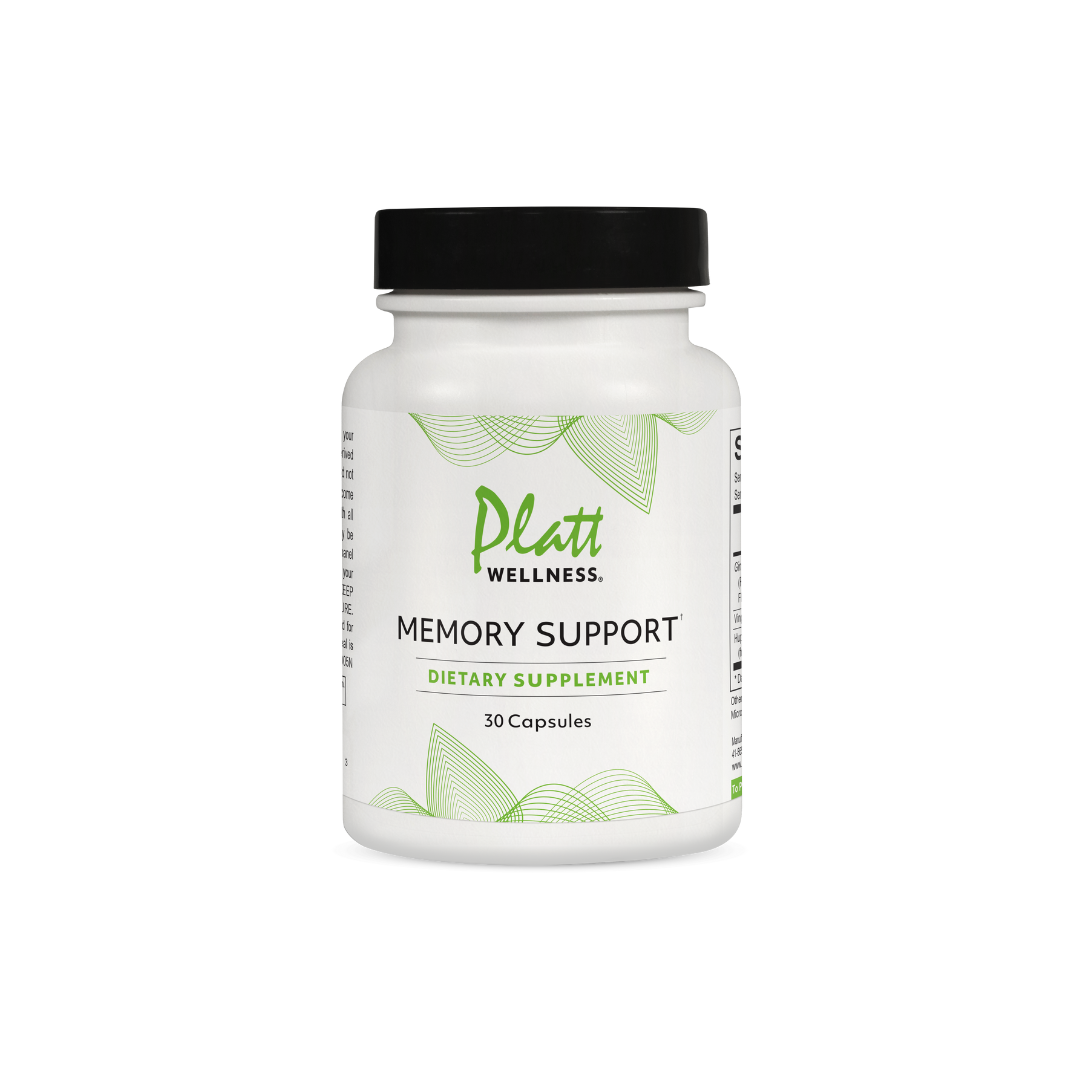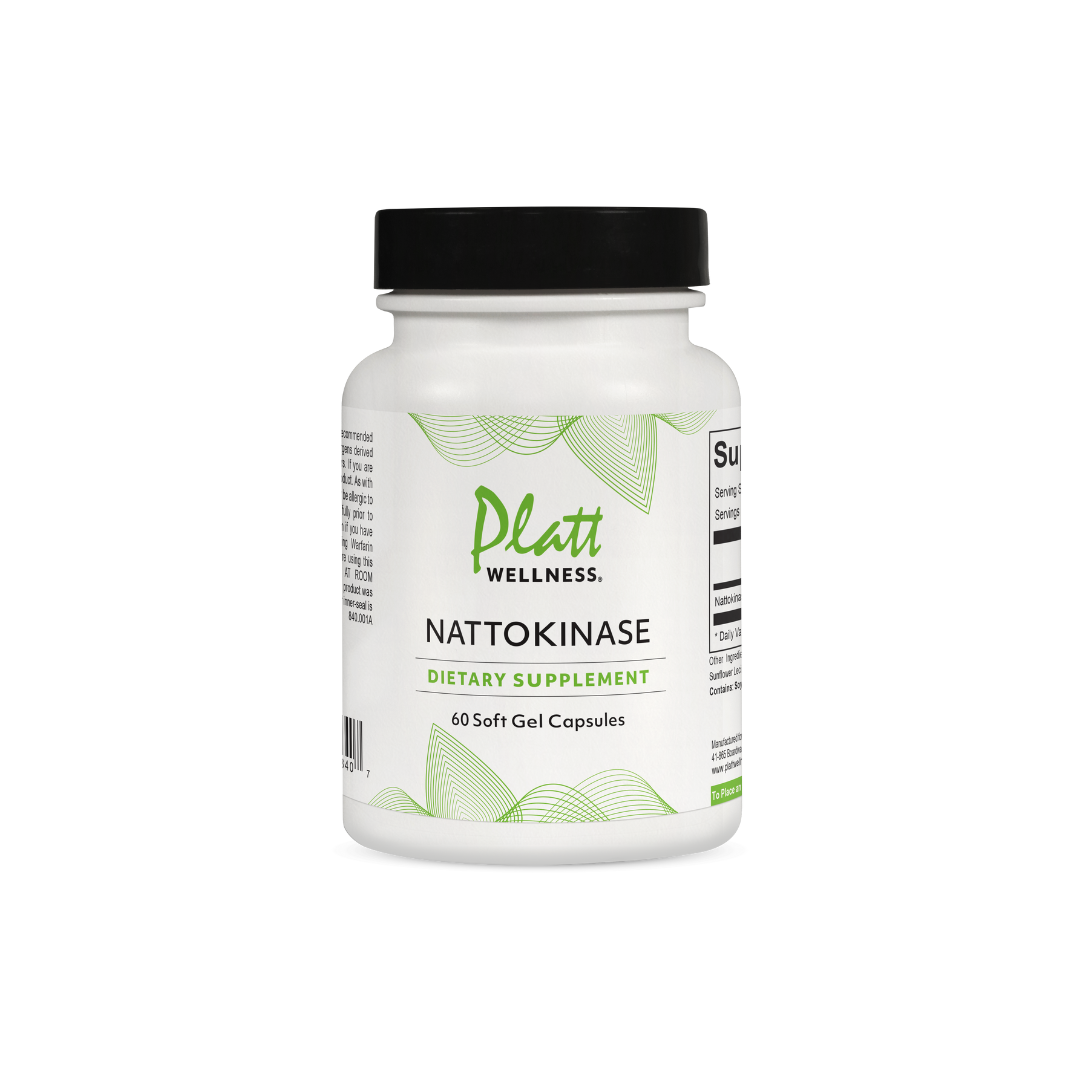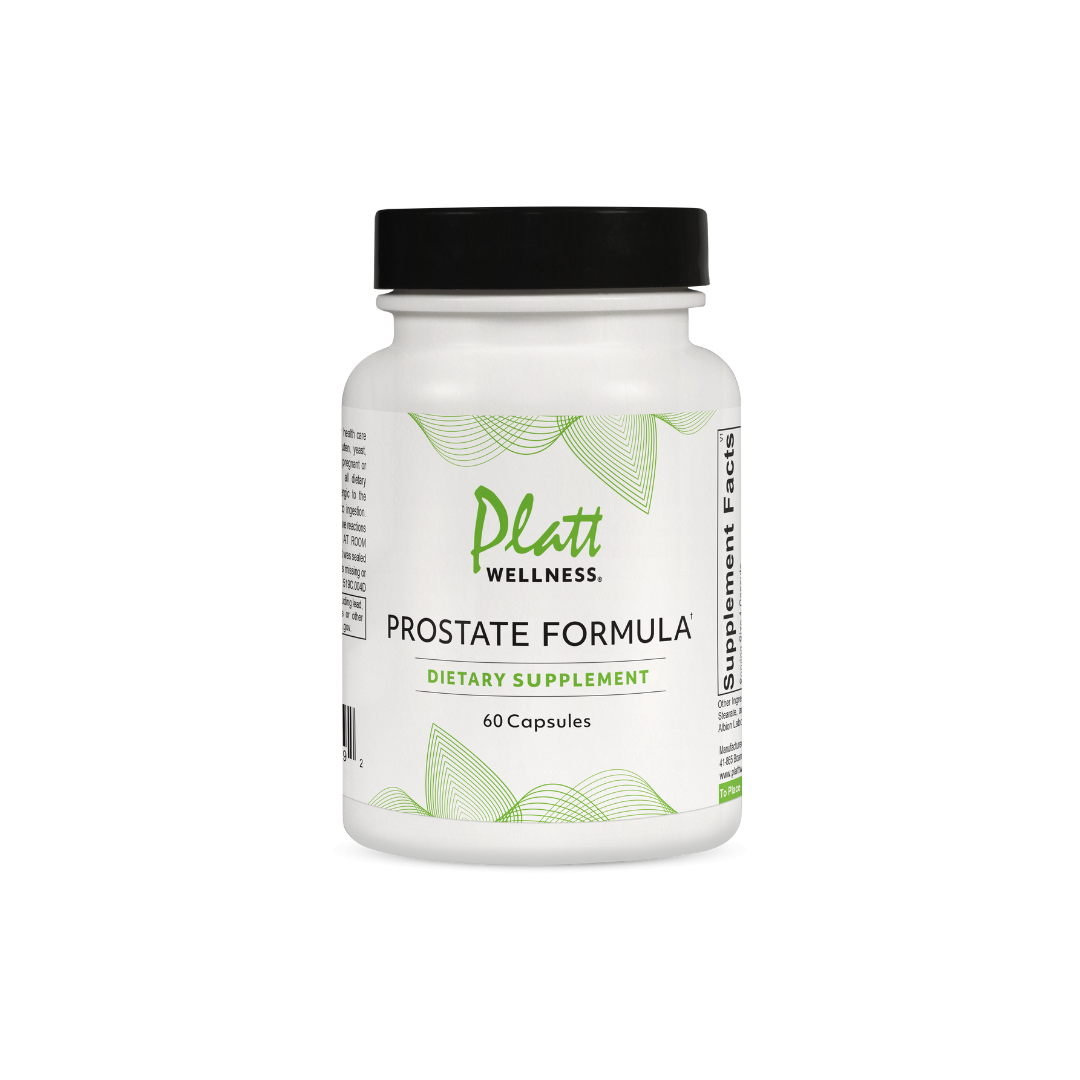October is National Diabetes Month and awareness is mostly focused on Type 2 Diabetes. What most people are not aware of is that people with diabetes are susceptible to Alzheimer’s due to a condition called Type III diabetes, which is insulin resistance in the brain. This form of diabetes is considered a frequent precursor to Alzheimer's disease.
A recent Mayo Clinic study shows that Type III diabetes occurs when neurons in the brain become unable to respond to insulin, which is essential for basic tasks, including memory and learning. Some researchers believe that this inability of insulin to function is central to the cognitive decline of Alzheimer's disease.
But the good news is you can supplement the brain by providing it the fuel it needs. How do we feed the brain?
Let’s first discuss brain functionality and adrenaline which fuels the brain when depleted of insulin.
Most people with excess adrenaline complain of having difficulty focusing their attention (i.e. ADHD). This is caused by excess adrenaline in the brain speeding up thought processes allowing someone to be readily distracted. When the brain is working faster, some of the nutrients it needs to function may get depleted—just as increased muscle function, caused by adrenaline, will consume various nutrients utilized by the muscles.
In addition, adrenaline as a neurotransmitter in the brain and interacts with other neurotransmitters. When adrenaline levels are elevated, the other neurotransmitters are affected too, influencing how we think and feel.
People who have had a lifetime of excess adrenaline may sustain damage to certain brain cells. In this regard, excess adrenaline can produce stress, which can lead to an increase in the production of cortisol. Prolonged stress associated with this increase in cortisol leads to damage of the hippocampus, a part of the brain that has many receptors for cortisol. The hippocampus is involved in cognition, mood, and memory. Over time, the damage can cause memory problems, dementia, and depression.
Fortunately, the body has an amazing capacity to heal itself. In the old days, eating a healthy diet was enough to provide all the necessary elements needed for healthy brain function. Unfortunately, it is a different world today. Because of pollution, depletion of the soil, and the use of chemical fertilizers and now GMO seeds, the nutritional quality of our food is less than it was one hundred years ago. As a result, for optimal health we require the support of nutritional supplements, including for the brain.
How hormones play a role in influencing the brain
All the hormones discussed in this blog—adrenaline, progesterone, cortisol, and insulin—significantly influence brain activity. They have a strong effect on neurotransmitters in the brain, such as serotonin, GABA, dopamine, and acetylcholine. Neurotransmitters act as chemical messengers and are responsible for how neurons (brain cells) communicate with one another. They influence memory, mood, alertness, and thinking. Every single external stimulus perceived through touch, smell, vision, taste, or hearing results in the release of neurotransmitters.
Brain cell function is affected not only by these chemical messengers but also by the membranes surrounding the brain cells. The cell membrane acts as a barrier, or gateway, that prevents certain harmful substances from entering the cell and, at the same time, allows for the absorption of necessary compounds.
As is true everywhere else in the body, the chemical processes involved in brain function tend to run more smoothly when things are in balance. For a thorough explanation of this important subject, I highly recommend the book The UltraMind Solution by Mark Hyman, M.D., published in 2008. Dr. Hyman explains that low levels of dopamine are associated with problems of focusing and decreased energy.
Low dopamine levels have been noted in people with ADHD and agitated depression—an observation that provides a rationale for treating these conditions with drugs like Ritalin, which is similar to adrenaline.
Needless to say, I disagree with this approach, since, in my view, these people already have too much adrenaline, which may be suppressing their production of dopamine. If this is the case, it would be better to lower the adrenaline level in order to raise the dopamine level and improve the patient’s focus.
Dr. Hyman also points out that some people may be dopamine resistant. This is a problem that can be reversed through nutrition and vitamin supplementation.
Providing metabolic support for the brain involves a combination of correct nutritional supplementation for brain cells and correct amino acid intervention to help balance neurotransmitters. A complete discussion of the nutritional requirements of the brain is beyond the scope of this blog. However, the following sections discuss the key nutrients needed to support brain function and provide some fundamental recommendations to help ensure a healthy brain.
Supplementation and fuel for the brain
Neurons require four essential fats for their cell membranes to function: DHA, EPA, phosphatidylcholine, and phosphatidylserine. “Essential” in this context means that the body cannot manufacture these substances; they must be obtained through diet or supplements. These fats, or fatty acids, are necessary for the formation of acetylcholine, a neurotransmitter that is important for our cognitive (learning) abilities as well as memory. Low levels of DHA and the other essential fatty acids in the brain are associated with a decline in thinking capacity as well as the development of Alzheimer’s disease.
DHA and EPA can be obtained by eating fish or taking fish oil. The other two are best obtained as supplements:
- Phosphatidylserine—about 300 mg per day
- Phosphatidylcholine—best taken in the form of
L-alpha glycerylphosphorylcholine (alpha-GPC), up to 1200 mg per day in divided doses
Another useful fat for brain cell health is coconut oil. Until recently, sugar, in the form of glucose, was regarded as the only source of fuel for the brain. It is now known that brain cells also use ketone bodies for energy. In fact, D-betahydroxybutyrate (DBH), the primary ketone body that replaces sugar for energy, is called a “brain superfuel.” DBH is actually a better fuel for the brain than sugar. It acts as an antioxidant to reduce free radical damage, and it also increases oxygen levels in brain cells. The best source for DBH is from ketone bodies obtained from the metabolism of medium-chain triglycerides (MCTs) derived from extra virgin coconut oil or MCT oil.
Coconut oil benefits the brain in another way, as well. You might recall a condition that we discussed earlier called Type III diabetes - regarded as a major cause of Alzheimer’s. Indeed, it is not hard to imagine that the inability of insulin to function can damage brain tissue similar to the way the lack of insulin causes neuropathies in the lower extremities. However, most remarkably, DBH has been shown to counteract insulin resistance in the brain.
Coconut oil can be used in various ways in the diet. It can be added to a smoothie, used to cook eggs, or combined with vinegar as a salad dressing. The recommended dose is 1 to 11⁄2 tablespoons of coconut oil per day. The dose for treating Alzheimer’s is 31⁄2 tablespoons per day.
My complete guide for brain supplements, can be found in my book called “Adrenaline Dominance - A Revolutionary Approach to Wellness.”









If the insulin resistance is corrected, you will be able to use progesterone cream again. Continue with coconut and MCT oil and perhaps start using berberine (we have it on our website). It is used for insulin resistance in people with diabetes. Continue with vegetables. After 3-4 days,
try a small amount of progesterone cream. Please keep me posted.
So if a person has typeIII diabetes and cannot use progesterone cream due to side effects does this mean they will never be able to use the cream or once the insulin resistance is corrected they are able to introduce the cream again?
Hello Lisa – There is no test known to the medical establishment to diagnose insulin resistance.
However, what is not known is that if a person does have Type III diabetes, the application
of progesterone cream will cause a fairly immediate rise in levels of adrenaline. They can
experience anxiety, palpitations, neck tension, etc.
This is because one of the benefits of progesterone is that it creates some degree of insulin resistance.
This prevents hypoglycemia which causes sleepiness in the afternoon or when driving. But if they
already have insulin resistance, it makes it even harder for glucose to get in the brain leading to an
increase in adrenaline.
Hi Dr Platt I heard you speak about Adrenalin dominance and I remember correctly I think you mentioned that someone who has or may prone to insulin resistance in the brain should avoid using progesterone cream … did I understand that correctly? Is there a way to test to see if someone has insulin resistance of the brain or could be prone to it? Thanks for all you do :)